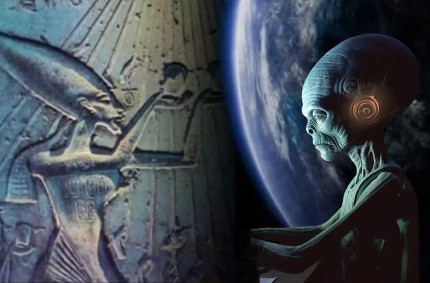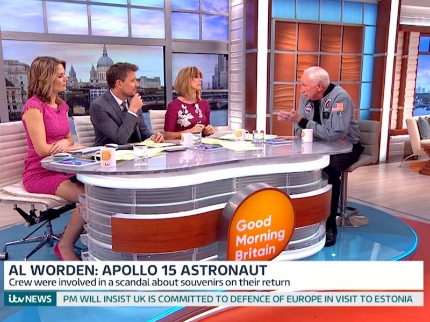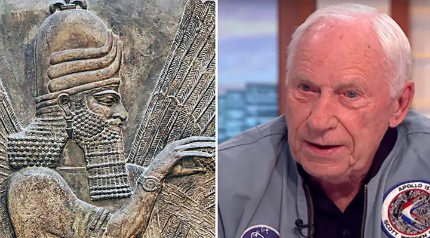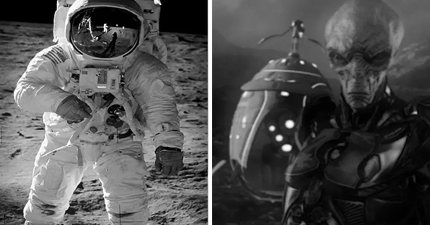In an era where space exploration continually enhances our understanding of the cosmos, Al Worden emerges as a pioneering figure. As an astronaut from the historic Apollo missions, Worden’s scientific contributions are widely acknowledged.
However, it was his provocative views on human origins that sparked discussions extending beyond traditional astronautics. This narrative delves into Al Worden’s captivating revelations and their profound implications for human identity and our place in the universe.

The Spark of Controversy: Al Worden’s Startling Revelation
During a guest appearance on “Good Morning Britain,” Alfred Merrill Worden, then 85, shared insights from his 1971 space mission. Known for his straightforward nature, Worden boldly asserted that “human beings are descendants of extraterrestrials.” This declaration ignited debate within both the scientific community and the public, moving beyond the conventional discourse of space exploration.
Unveiling the Mystery: Humanity’s Extraterrestrial Descent
Worden’s perspective on space exploration emphasizes the survival of the human species. When discussing the potential for colonizing other planets, he stressed the necessity of seeking Earth-like habitats beyond our solar system, based on the belief that suitable conditions for human life do not exist nearby. He firmly believed in the existence of distant worlds capable of supporting humanity, suggesting that an inevitable journey toward them is essential.

The conversation deepened when the topic of extraterrestrial life arose, with Worden intriguingly stating, “I look in the mirror every morning.” This remark suggests that humanity may be the very aliens we have been searching for, proposing that humans are not native to Earth but rather descendants of extraterrestrials who arrived millennia ago and initiated civilization.
The Legacy of Ancient Civilizations: Echoes of an Extraterrestrial Past
Worden’s beliefs resonate with ancient texts and mythologies from long-lost civilizations. He notably references the Sumerians, recognized for their advanced knowledge and enigmatic origins. Worden encourages skeptics to explore Sumerian writings, positing the idea that human civilization may have been seeded by visitors from other worlds. This perspective challenges conventional historical views and redefines our quest for identity in the cosmos.
The Implications of Worden’s Beliefs for Modern Science
The ramifications of Al Worden’s views extend beyond the sensational nature of his claims. They compel us to rethink our approaches to space exploration, emphasizing the necessity of developing technologies that can overcome the challenges of light-speed travel. Moreover, his beliefs urge the scientific community to broaden its search for extraterrestrial life, considering the possibility that humans themselves may represent evidence of extraterrestrial existence.

Charting the Course: The Future of Humanity in Space
As we embark on interstellar exploration, Al Worden’s reflections offer valuable guidance for our ventures into the unknown. The quest for a new Earth, the development of faster-than-light travel, and the search for extraterrestrial origins are not mere science fiction—they are tangible goals that could shape humanity’s future. Worden’s narrative encourages us to embrace our potential extraterrestrial heritage and pursue cosmic discovery with open minds.
Al Worden’s Enduring Legacy
Al Worden’s controversial claims have sparked a dialogue that transcends traditional astronautical discussions, prompting us to explore fundamental questions about our identity and origins. Regardless of whether one agrees with his views, Worden’s contributions to the conversation about humanity’s future in space are significant. As we continue to explore the cosmos, we carry forward the legacy of pioneers like Worden, whose bold beliefs challenge us to rethink our place in the universe.
